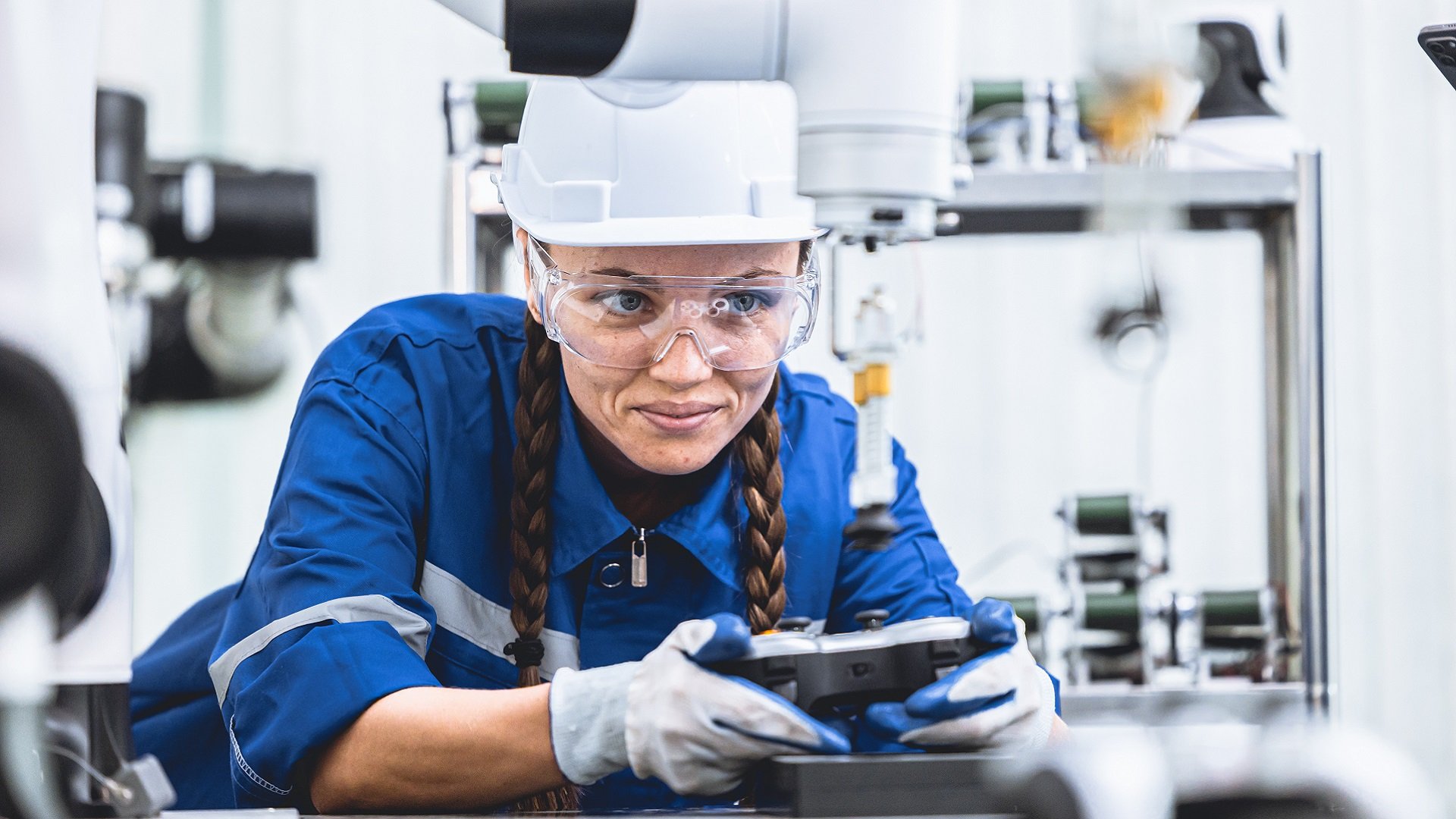70% of Industry 4.0 Pilots Fail. A New Center Hopes to Change That (Industry Week)
by Cynthia Hutchison, US Center for Advanced Manufacturing CEO, and Natalie Chmiko, Michigan Economic Development Corporation Senior VP of Small Business Solutions
Photo by Envato Elements
Summary
US Center for Advanced Manufacturing CEO Cynthia Hutchison and MEDC Senior VP of Small Business Solutions Natalie Chmiko co-authored this Industry Week featured article on how to better support companies in Industry 4.0 implementation. Learn how the US Center for Advanced Manufacturing aims to accelerate the growth of Industry 4.0 technologies nationwide.
The fourth industrial revolution is reshaping the manufacturing industry, bringing new opportunities and challenges for businesses to navigate.
But for Industry 4.0 technologies to be meaningful in manufacturing, businesses must work across the value chain to drive adoption and achieve faster, more sustainable change. That is not just a personal opinion but a determination of the World Economic Forum, one of the world’s leading authorities on the subject.
WEF is known for its thought leadership on Industry 4.0, bringing together business leaders, policymakers, subject matter experts and other stakeholders to discuss weighty issues, but its impact goes well beyond that. The organization recently selected Michigan for its first-ever US Center for Advanced Manufacturing, which is led by Cynthia Hutchison. The U.S. Center is part of a global network of 4IR communities, but it's the first to focus on accelerating and strengthening advanced manufacturing.
The timing could not be better as the world grapples with industrial transformation and many jobs are at risk of becoming obsolete. The WEF has found that more than 70% of companies investing in Industry 4.0 technologies, including 3D printing and artificial intelligence, fail to move beyond the pilot phase of development.
Michigan is experiencing the disruption firsthand with the automotive industry as one example, with its transition from the internal combustion engine to battery-powered vehicles. Policymakers here are laser-focused on retaining our leadership position in mobility for generations to come. That’s one of the key reasons Michigan partnered with the WEF to support the US Center for Advanced Manufacturing. We want the U.S. to be the voice for change and show the world how to increase productivity, engage workforces, become more sustainable and build supply chain resilience.
Read the article in full here.

